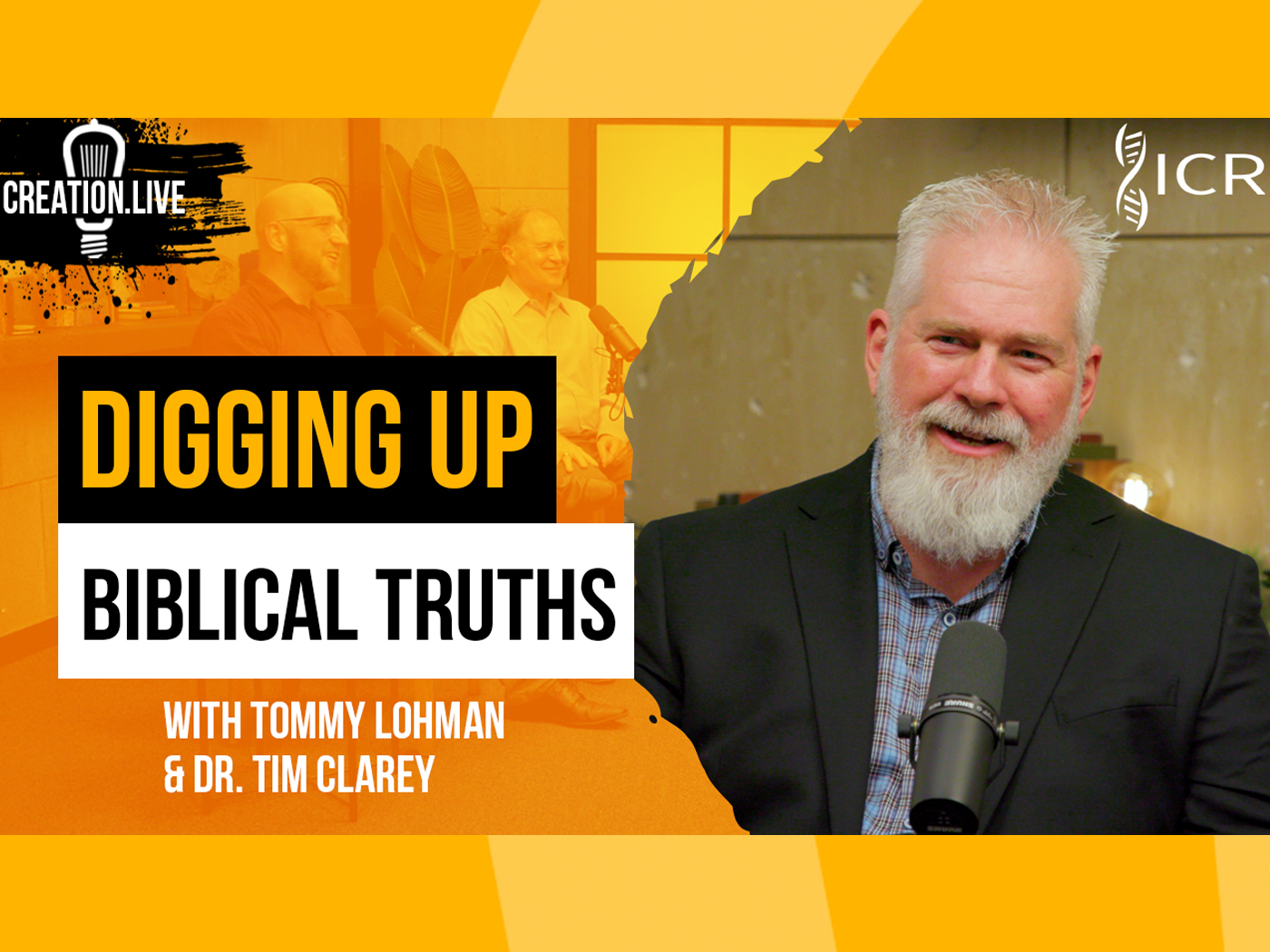"The effectual fervent prayer of a righteous man availeth much" (James 5:16).
A prime example of the fulfillment of the above text is found in the person of Nehemiah. He was a man who served King Artaxerxes in the land of Persia around 445 BC. King Cyrus the Great had in 538 BC allowed the children of Israel to return to Jerusalem to re-establish temple worship but the walls were still broken down and the gates burned with fire, plus, the Jewish people were in great affliction, being reproached by the enemies of God (Nehemiah 1:3). When Nehemiah heard this eye-witness account from his brother, Hanani, he immediately "sat down and wept, and mourned . . . and fasted, and prayed before the God of heaven" (1:4). Thus begins his effectual, fervent praying that lasted for close to four months and availed much. His prayer, in 1:5-11, contains valuable lessons on how to approach God with a heavily burdened heart.
1. He appealed to the God of the universe. "O Lord God of heaven, the great and terrible God" (v.5). We must acknowledge that God is Sovereign and the Lord of all His creation.
2. He appealed to the God who keeps His Word. "God, that keepeth covenant and mercy for them that love Him" (v.5).
3. He appealed to the God who forgives sin. We "confess the sins of the children of Israel, which we have sinned against thee" (v.6).
4. He appealed to the God who listens to those who have a personal relationship with Him. "O Lord, I beseech thee, let now thine ear be attentive to the prayer of thy servant" (v.11).
5. He appealed to the God who loves personal requests. "Prosper, I pray thee, thy servant this day" (v.11).
God answered his prayer, using him to rebuild the city of Jerusalem. NPS














